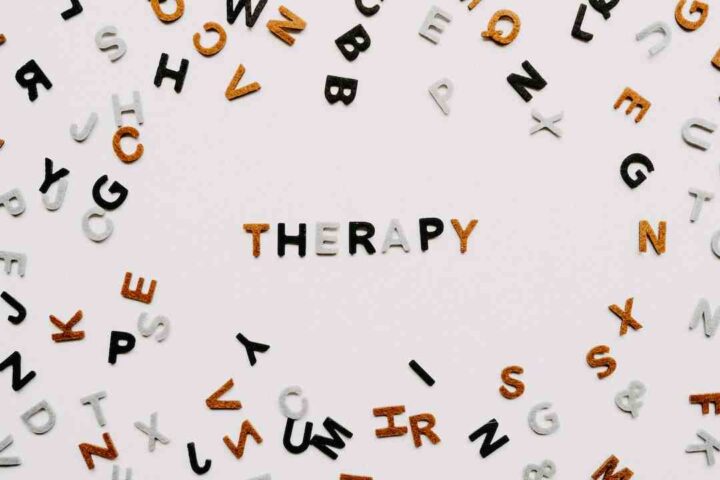How To Stay on Top of Your Mental Health After Pregnancy
The journey through pregnancy and the postpartum period is a profound time in a woman’s life. The physiological, emotional, and lifestyle changes tend to have a major impact on mental health. Achieving balance requires recognizing and managing these effects while juggling the responsibilities of new motherhood. In this article, we explore how you can stay on top of your mental health after pregnancy.

Seeking Professional Help for Mental Health Post-Pregnancy
There’s no shame in seeking professional assistance if your postpartum feelings seem overwhelming or prolonged. Many women find that motherhood becomes more enjoyable once they seek professional aid.
Consulting with a psychologist or psychiatrist specializing in perinatal mental health can yield transformative results. They can diagnose your conditions accurately and lay out treatment plans comprising medication, therapy, or both.
Another option to consider is perinatal mental health therapy. This form of treatment specifically addresses the challenges and changes associated with pregnancy, childbirth, and the postpartum period.
Remember, seeking help is a sign of strength, not weakness. It signifies a commitment to personal wellness and to being the best possible mother for your newborn.
Implementing Routine Self-Care Regimes for Mental Well-Being Post-Pregnancy
Caring for a newborn while ensuring personal well-being can seem overwhelming. However, incorporating simple self-care activities into your routine can significantly improve mental health over time.
Daily exercise helps to lower stress and anxiety levels. Activities such as yoga, light jogging, or even walking with the baby can be beneficial.
Nutrition plays a crucial role in mental health. Eating a variety of fruits and vegetables, lean proteins, and whole grains, and staying hydrated can boost mood and energy levels. Furthermore, including indoor plants in your decor can create a calming environment. You can opt for low-maintenance artificial plants in pot to add this element of nature to your living space.
Allowing yourself downtime to relax and decompress without guilt, perhaps while the baby naps, can also help to ease stress and restore mental balance.
Understanding the Challenges of Post-Pregnancy Mental Health
The period after childbirth often brings a range of emotional ups and downs, also known as “the baby blues”. These can include mood swings, crying spells, anxiety, and difficulty sleeping.
However, post-pregnancy complications may extend into more severe mental health conditions such as Postpartum depression (PPD) and Postpartum anxiety (PPA). These disorders comprise chronic feelings of sadness, intense worry, and difficulties in bonding with the baby.
These conditions may last for months without intervention and tend to significantly alter the quality of life. Unfortunately, the societal stigma surrounding maternal mental health issues often prevents afflicted women from seeking help.
It’s important to appreciate that these feelings are not reflective of your capabilities as a mother and can occur to anyone. Recognizing these challenges is the first step toward managing them effectively.
Recognizing the Signs of Mental Health Issues After Pregnancy
Identifying the signs of post-pregnancy mental health issues can be challenging due to the subtlety of symptoms. However, prolonged feelings of sadness, fear, and worry that interfere with daily functions are common indications.
Additional signs might include irritability, restlessness, loss of interest in previously engaging activities, or unexplainable weight gain or loss. More serious symptoms include thoughts of suicide and difficulty bonding with the baby.
Conducting a self-assessment and reaching out to professionals for psychological evaluations can aid in the early detection of mental health complications. Early diagnosis can facilitate urgent intervention and improve long-term outcomes.
Your obstetrician or primary care doctor can assist in these assessments. Some tests can even be self-administered at home.
Overall, enhancing mental health after pregnancy involves understanding possible complications, recognizing the signs early, self-care, seeking professional help, and building a robust support system. While the journey may seem daunting, remember you are not alone, and seeking help is a strength, not a weakness. With the right tools and support, you can triumph over the hurdles and enjoy motherhood.


